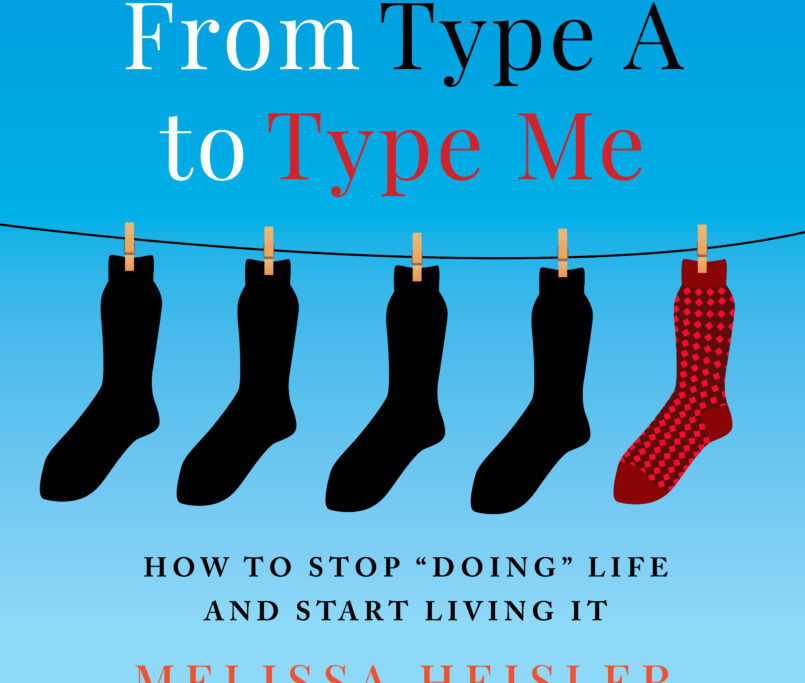What Can You Trust?
Like many coaches and psychologists, I have looked at the famous Stanford prison experiment to show how power and perception of rank changes how we treat each other, see our place in the world, and believe in our ability to affect change. The results of this experiment state that those pretending to be guards began to treat those playing inmates harshly as soon as they were given the power. The inmates in turn became depressed and powerless. Truth is though, the experiment, which is still being included in college text books, was falsified. Additionally, it turns out this experiment taken as real for years, is not the only one purposefully or unintentionally misleading.
When I ran across this great article exposing issues with currently accepted psychological experiments, it reminded me of a time when I was doing marketing research for a company. The research did not reflect positively for the goals of the sales department. The managers of the company pressured me to manipulate the research data so that it was more convincing for our clients. I refused. The managers, however, adjusted the results on their own, eventually winning the contract and creating issues when the product did not perform as well as the doctored research.

Never in my lifetime have I seen more of a need to qualify and confirm the information being presented to us through books, articles, and news sources. In this time of easy information and no supreme governing body over the quality of information, it is very important to analyze the source of the information, the quality of the information, and the conclusions drawn.
Analyze the Source
What is the agenda of the source? What does the source have to gain by swaying you one way or the other? If your best friend of 40 years tells you that your new spouse is cheating on you, but your spouse says s/he is not, who has the most to gain by lying? Even when I read news from a source I trust, I often look for corroborating reports. I’ll especially look for news outlets removed from the topic so they have less of a tendency to create bias as they have no stake in the issue.
Analyze the Quality of the Information
Where is the information coming from? Is it first-hand experience or a game of telephone? What scientific, objective methods were used? Can what is being told be proved? Is the information presented as tangible facts or conjecture? Is what is being relayed objective or an interpretation?
Analyze the Conclusions
Before we could see the subatomic particles of an atom, we thought the atom was the smallest component and therefore any conclusions around that topic were limited by that belief. Are the conclusions in what you are reading limited by what we currently know? Are there facts missing which would affect the presented conclusions? Is there social or cultural bias affecting what is being presented? Can you see alternate conclusions based on the facts?
If you are only trusting one source, or even one person for your news, you are giving your power away. Gather a broad palette of information and then question everything before accepting what is presented. We can be easily deceived by those who are intentionally or unintentionally trying to manipulate us for their own purposes.





